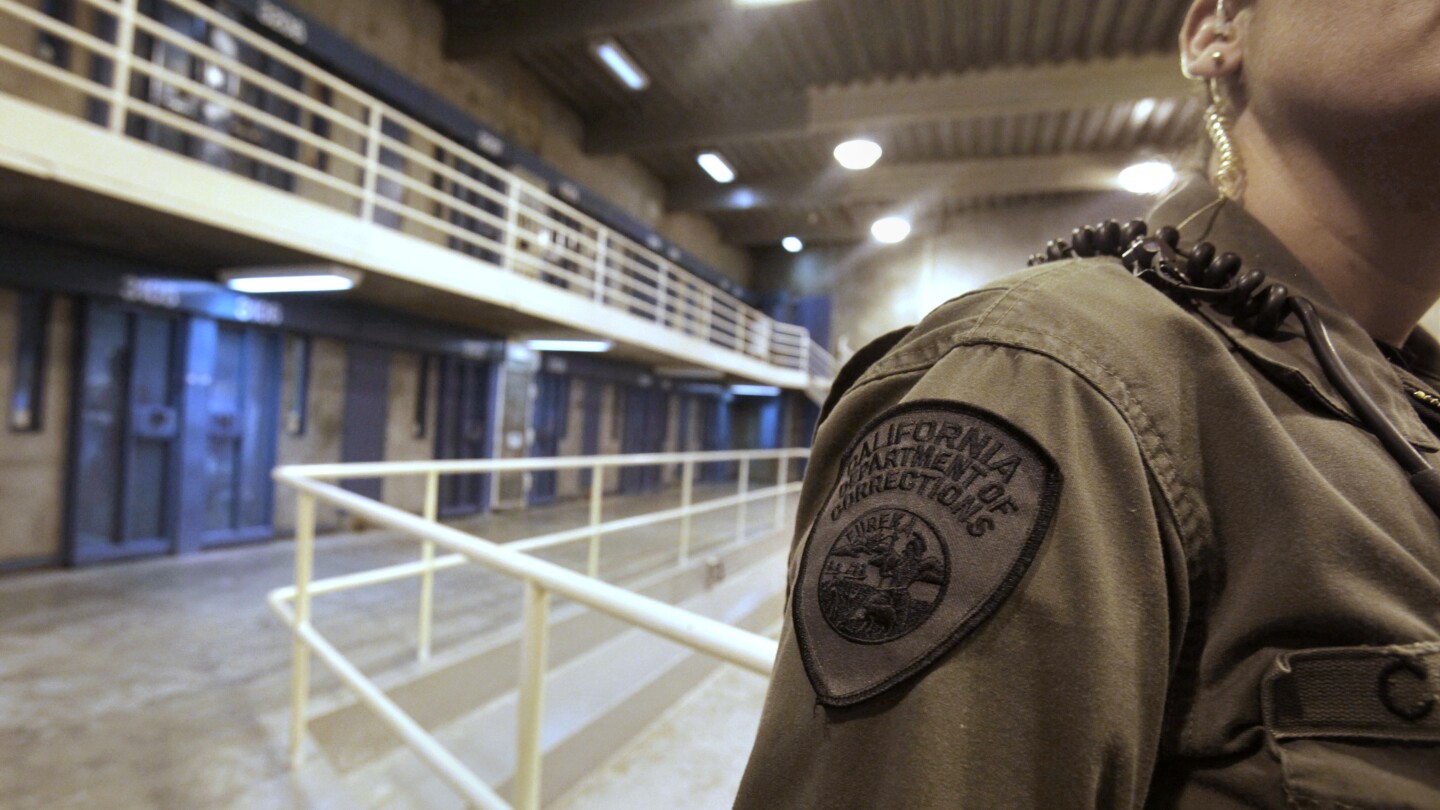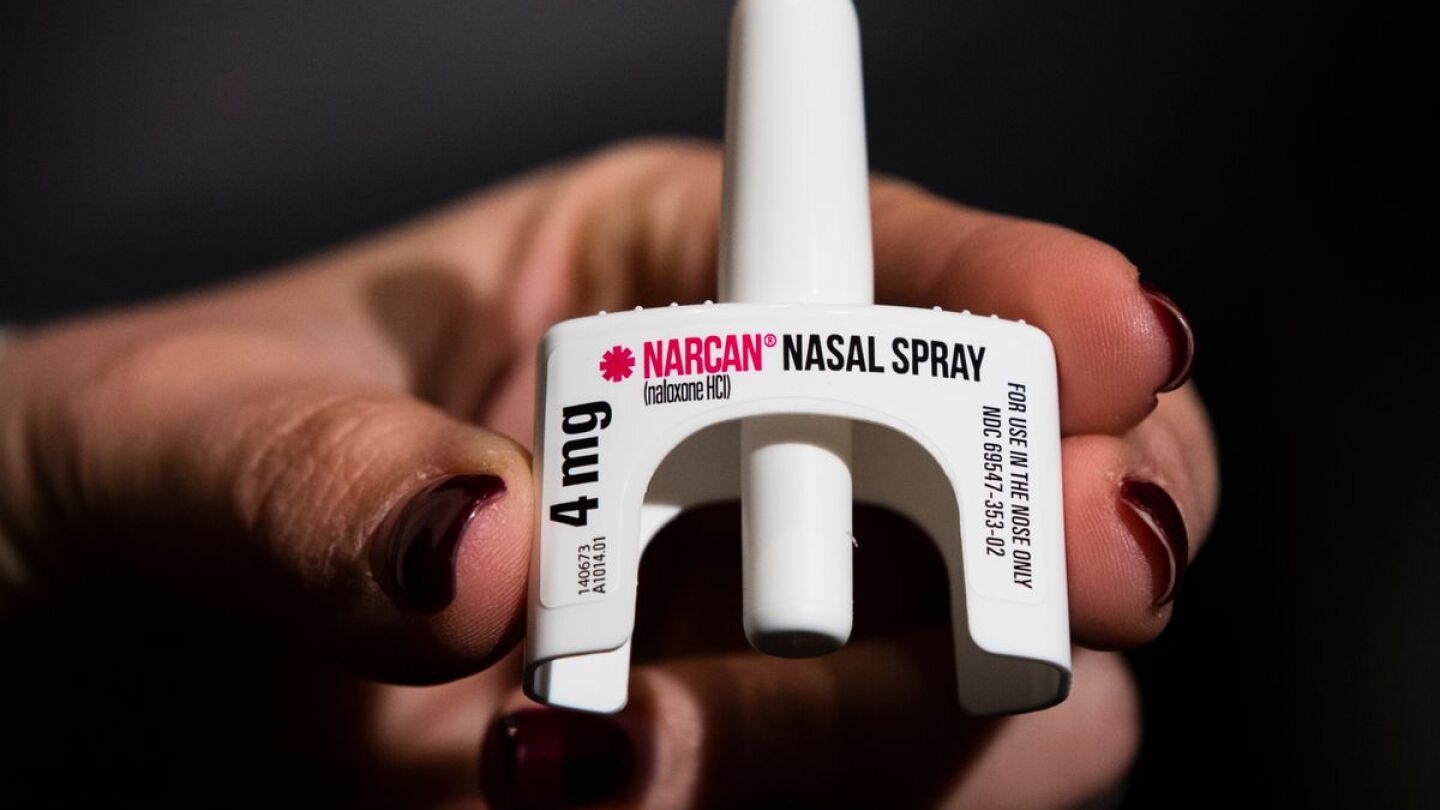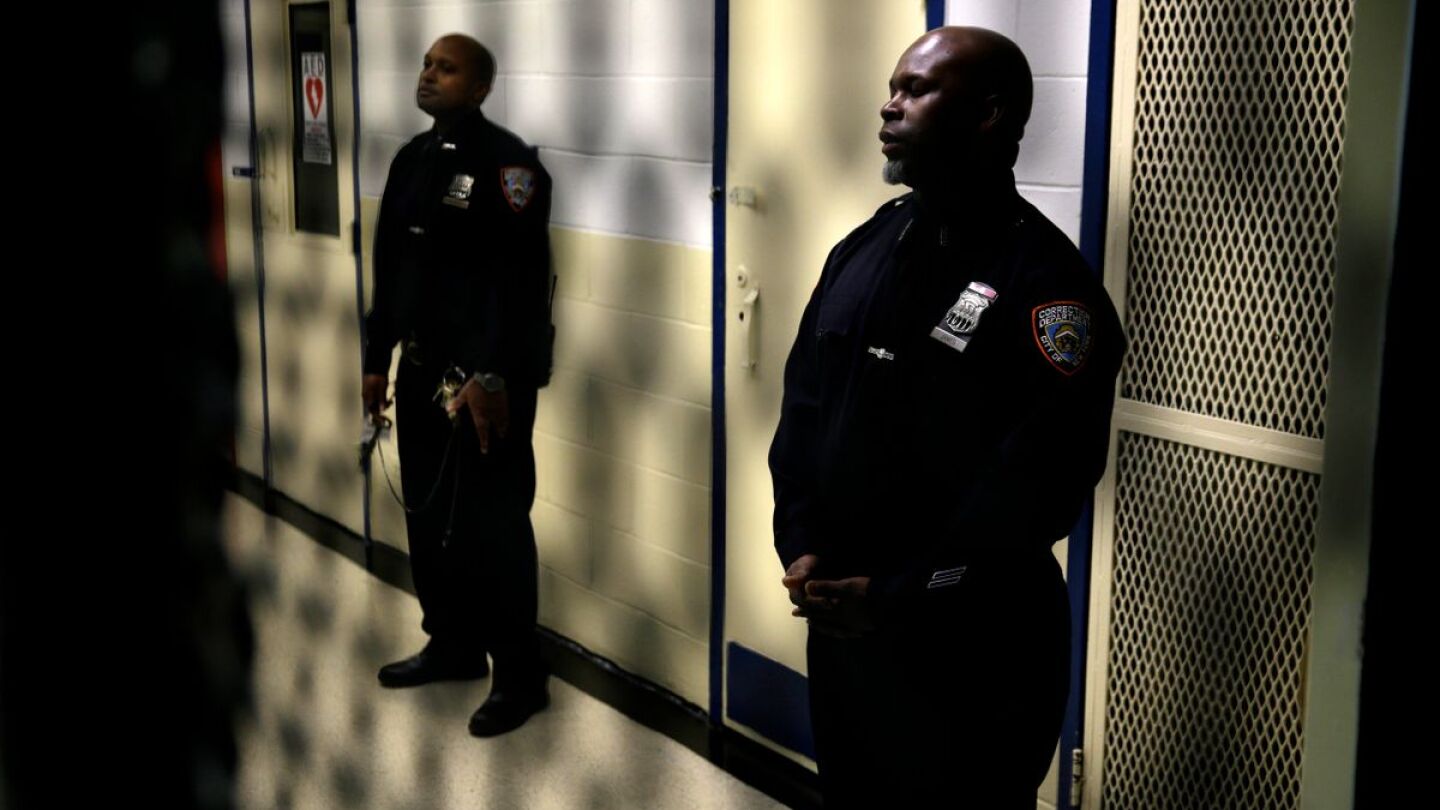Corrections1 Research Center
The Corrections1 Research Center is a dedicated hub for in-depth studies, data, and analysis relevant to the correctional system. This directory provides access to research on key topics such as inmate management, facility operations, and policy effectiveness. The Research Center equips correctional professionals with the information they need to make informed decisions, improve practices, and stay ahead of industry trends. For further exploration, visit our section on Correctional Facility Best Practices.
Despite the bravery and challenges inherent in corrections work, correctional officers and jailers’ prestige is rated significantly lower by the public than similar public safety positions
This research aims to shed light on the influence of leadership styles within correctional facilities on recidivism rates
Real-world data of high-dose naloxone administration by law enforcement officers found no added benefit to opioid overdose patients
What characteristics differentiate an officer with a military background versus their non-military counterpart?
Corrections officers are needed to respond to survey to assess their ability to recognize and respond to signs of mental health challenges or crises
If training academies can facilitate and promote commitment to the occupation, it could be possible to slow the surge of correctional officers leaving the occupation each year
Although rehabilitating those serving time behind bars is a chief mission for state departments of correction, recent research reveals a potential stumbling block in achieving this goal
We asked Americans if they prefer COs to serve in a more “traditional” punitive and custody-focused manner or to take a more “progressive” rehabilitative approach
We polled 1,000 Americans about their views of corrections officers. The results may surprise you
Out of the nearly 700 correctional officers surveyed, approximately 6% indicated they had nefarious or disconcerting reasons for working in corrections
The experiments in the 60s and 70s involved administering doses of pesticides and herbicides to the incarcerated men
It is not a surprise that COs are most concerned about retention, as they know short staffing is the root of all problems in corrections
Black, Hispanic prisoners more likely to get cited for misbehavior
Research investigates correctional officers’ attitudes toward prisoners and correctional orientation
Results will be used to inform future efforts in training and support of correctional staff
Data show COVID-related changes increased supervisees’ positive views on interactions, officers
This comes despite widespread concern that enough safeguards are in place to prevent executing the innocent














